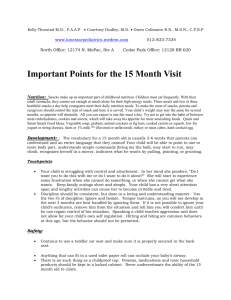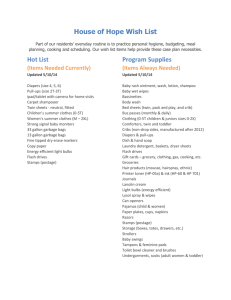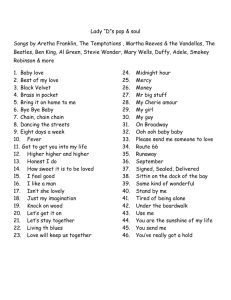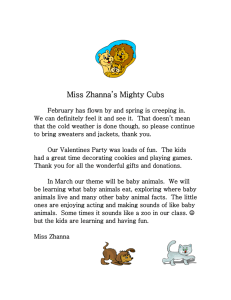“There is more treasure in books than all the pirate's treasure on
advertisement
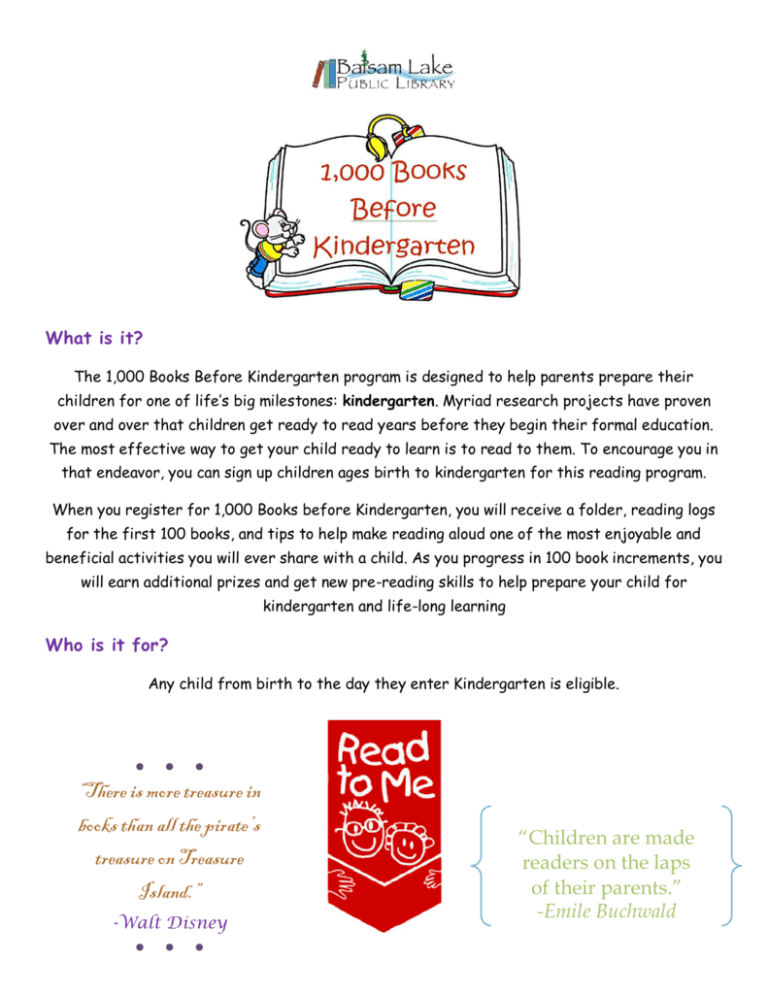
What is it? The 1,000 Books Before Kindergarten program is designed to help parents prepare their children for one of life’s big milestones: kindergarten. Myriad research projects have proven over and over that children get ready to read years before they begin their formal education. The most effective way to get your child ready to learn is to read to them. To encourage you in that endeavor, you can sign up children ages birth to kindergarten for this reading program. When you register for 1,000 Books before Kindergarten, you will receive a folder, reading logs for the first 100 books, and tips to help make reading aloud one of the most enjoyable and beneficial activities you will ever share with a child. As you progress in 100 book increments, you will earn additional prizes and get new pre-reading skills to help prepare your child for kindergarten and life-long learning Who is it for? Any child from birth to the day they enter Kindergarten is eligible. ● ● ● “There is more treasure in books than all the pirate’s treasure on Treasure Island.” -Walt Disney ● ● ● “Children are made readers on the laps of their parents.” -Emile Buchwald Why should we participate? Parents can help even very young children learn the five early literacy skills which reading research has determined children must know before they can learn to read. These essential skills needed for school success are: Phonological Awareness – is being able to hear and play with the smaller sounds in words Vocabulary – is knowing the name of things and concepts Print Convention - is noticing print, knowing how to handle a book, and knowing how to follow the words on a page Background Knowledge – is prior knowledge, things our child has learned Letter Knowledge – is knowing letters are different from each other, knowing their names and sounds, and recognizing letters everywhere How does it work? 1. Come in to the library and sign up and you will receive a folder with all the information you need, and a reading log for the first 100 books read. 2. After every 100 books, your child will receive two stickers, one to take home and the other will be placed in their “1000 books house”. 3. Once you have reached 500 books, your child will receive a reward, to mark the half-way point. 4. After reading 1,000 books your child will receive a book, and we will take your child’s picture and put it on the “Wall of Fame”. *If an older sibling reads 25 books to your child they will receive a small reward. F.A.Q How Long Does It Take To Reach 1,000 Books? 1 book per day x 3 years = 1,095 books 10 books per week x 2 years = 1,040 books 3 books per day x 1 year = 1,095 books What Books Count? Books read at Story Time if you attend, and your child listens to the whole story Books from home or the library – even other libraries Books on CD as long as they listen to the whole story A book read by any family member, teacher, etc. as long as they listen to the whole story Books read on an iPad or e-reader Books may be read more than once and recorded My child "reads" books to himself. Should I count those? While it's a great start to reading, if your child is only pretending to read, you shouldn't count it. If your child has memorized a book you read together frequently and can read it themselves, then go ahead and count it. My older children like to read to their younger siblings. Can I count those books? Count any books that are read to your child, no matter who reads the books. It can be a brother, sister, grandparent, babysitter, teacher, etc. As long as they hear the entire story, you can count it. Can I count books I read to my child before I registered? No - the program begins for your family on the day you register, and you only count books you read after registering. Do the books have to be library books? No, any book you read counts, whether it’s a library book, your own book, your friend’s book, etc. growingwisconsinreaders.org. – An informative site with tips and practical instruction on how to get the most of your reading time with your child. Also, contains information on the development stages of children Reading Tips for Parents of Babies By: Reading Rockets Snuggle up with a book When you hold your baby close and look at a book together, your baby will enjoy the snuggling and hearing your voice as well as the story; Feeling safe and secure with you while looking at a book builds your baby's confidence and love of reading. Choose baby-friendly books Books with bright and bold or high-contrast illustrations are easier for young babies to see, and will grab their attention. Books made of cloth or soft plastic (for the bathtub) or "board books" with sturdy cardboard pages are easier for a baby to handle. Keep books where your baby can reach them Make sure books are as easy to reach, hold, and look at as toys. Remember, a baby will do with a book what he does with everything else — put it in his mouth. And that's exactly what he's supposed to do, so you may only want to put chewable books within reach. Talk with your baby — all day long Describe the weather or which apples you are choosing at the grocery. Talk about the pictures in a book or things you see on a walk. Ask questions. By listening, your child learns words, ideas, and how language works. Encourage your baby's coos, growls, and gurgles They are your baby's way of communicating with you, and are important first steps toward speech. Encourage attempts to mimic you. The more your baby practices making sounds, the clearer they will become. Go ahead and moo, woof and honk! Give baby a hand! Encourage your baby to pick up crackers or peas, touch noses and toes, point to pictures and grab toys. The muscles in those little hands will grow strong, agile, and ready to turn pages. Develop a daily routine (and make reading a part of it) Routines can soothe a baby, and let a baby learn to predict what will happen next. The ability to predict is important when your child is older and is reading independently. Sing, Read, Repeat Read favorite stories and sing favorite songs over and over again. Repeated fun with books will strengthen language development and positive feelings about reading. "Read" your baby Pay attention to how your baby reacts to the book you are reading. Stop if your baby isn't enjoying the story and try another book or another time Reading Tips for Parents of Toddlers By: Reading Rockets Don't expect your toddler to sit still for a book Toddlers need to move, so don't worry if they act out stories or just skip, romp, or tumble as you read to them. They may be moving, but they are listening. Recite rhymes, sing songs, and make mistakes! Pause to let your toddler finish a phrase or chant a refrain. Once your toddler is familiar with the rhyme or pattern, make mistakes on purpose and get caught. Choose engaging books Books featuring animals or machines invite movement and making sounds. Books with flaps or different textures to touch keep hands busy. Books with detailed illustrations or recurring items hidden in the pictures are great for exploring and discussing. Keep reading short, simple, and often Toddlers frequently have shorter attention spans than babies. Look for text that is short and simple. Read a little bit, several times a day. Encourage play that involves naming, describing, and communicating Set up a zoo with all the stuffed animals. Stage a race with the toy cars. Put your toddler in charge and ask lots of questions. Every day is an adventure when you're a toddler Choose books about everyday experiences and feelings. Your child will identify with the characters as they dress, eat, visit, nap, and play. Ask questions Take time to listen to your toddler's answers. Toddlers have strong opinions and interesting ideas about the world. Encourage your toddler to tell you what he or she thinks. You'll build language skills and learn what makes your toddler tick at the same time. Play to their favorites Read favorite stories again and again. Seek out books about things your toddler especially likes — trains, animals, the moon. These books may extend a toddler's attention span and build enthusiasm for reading. Not having fun? Try a different story or a different time during the day. Reading with a very young child is primarily about building positive experiences with books, not finishing every book you start. Reading Tips for Parents of Preschoolers By: Reading Rockets Read together every day Read to your child every day. Make this a warm and loving time when the two of you can cuddle close. Give everything a name Build your child's vocabulary by talking about interesting words and objects. For example, "Look at that airplane! Those are the wings of the plane. Why do you think they are called wings?" Say how much you enjoy reading Tell your child how much you enjoy reading with him or her. Talk about "story time" as the favorite part of your day. Read with fun in your voice Read to your child with humor and expression. Use different voices. Ham it up! Know when to stop Put the book away for a while if your child loses interest or is having trouble paying attention. Be interactive Discuss what's happening in the book, point out things on the page, and ask questions. Read it again and again Go ahead and read your child's favorite book for the 100th time! Talk about writing; too Mention to your child how we read from left to right and how words are separated by spaces. Point out print everywhere Talk about the written words you see in the world around you. Ask your child to find a new word on each outing. Get your child evaluated Please be sure to see your child's pediatrician or teacher as soon as possible if you have concerns about your child's language development, hearing, or sight. Ongoing Events at your Library: Itty Bitty Bookworms Mondays @ 10:15 am NEW! Starting in November A fun, interactive story-time for babies up to 18 months Stories Songs Finger plays/creative movement **One adult per baby required** Preschool Story-Time Wednesdays @ 10:15 am We have stories, snacks, crafts and/or activities. For ages 18 months and up



